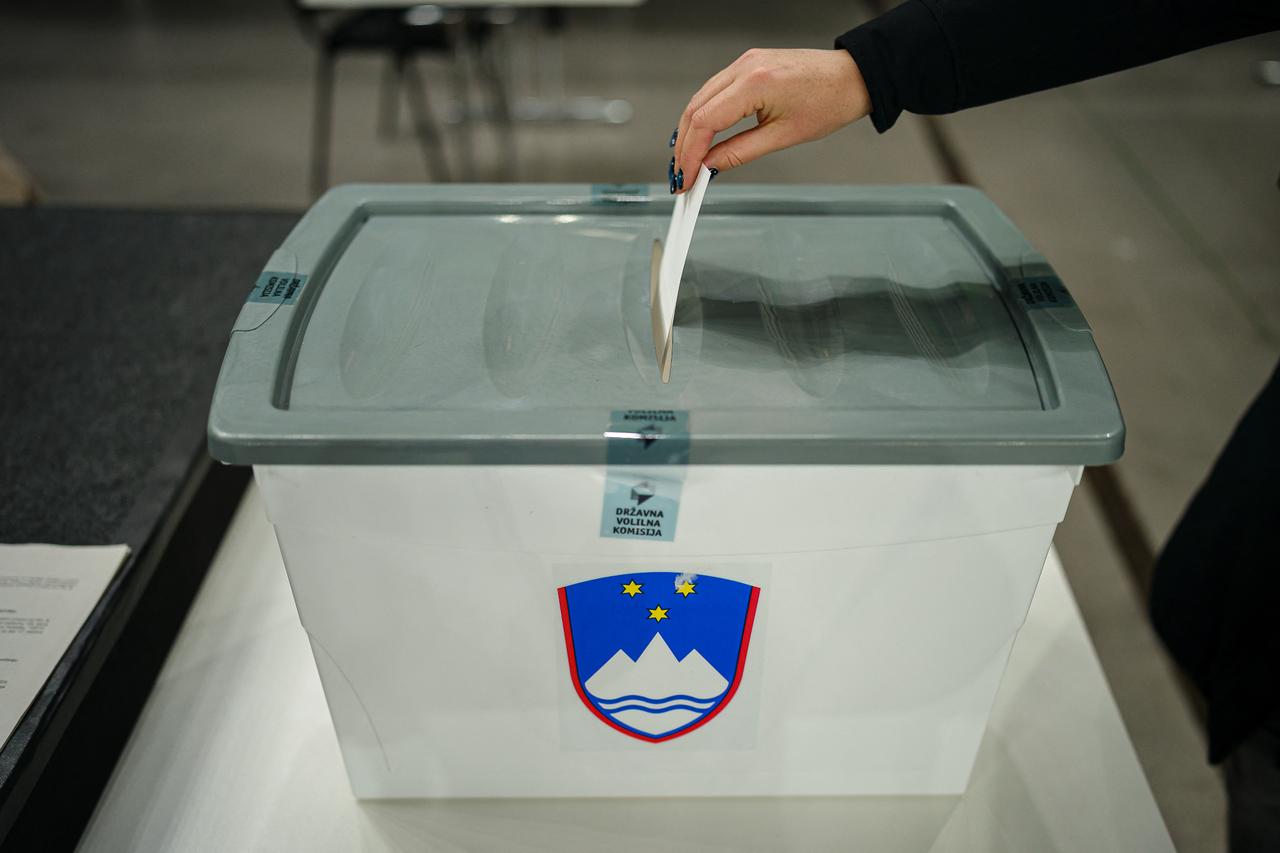
Voters in Slovenia have rejected a newly adopted law that would have legalized assisted dying for terminally ill adults, triggering an automatic one-year suspension of the legislation.
According to official results released late Sunday, 53% of voters opposed the law, while 47% supported it. Turnout reached 40.9%, narrowly surpassing the minimum participation threshold required for the referendum to be valid.

Parliament had approved the law in July, following a 2024 consultative referendum that indicated public support. However, a civil initiative led by the group Voice for the Children and the Family, backed by the Catholic Church and conservative opposition parties, gathered more than 46,000 signatures to force a new binding vote (exceeding the 40,000 required).
Ales Primc, head of Voice for the Children and the Family, hailed the result as a win for “solidarity and justice,” accusing the government of promoting reforms “based on death and poisoning.”

Prime Minister Robert Golob, who publicly supported the measure, said the proposed law aimed to safeguard human dignity by allowing individuals to choose how they end their lives. Supporters argued the legislation would have offered relief for terminally ill patients facing unbearable suffering.
The suspended law would have allowed mentally competent adults with terminal illnesses to request medical assistance in dying after all treatment options had been exhausted. It excluded cases based solely on mental illness and required assessment by multiple medical professionals.